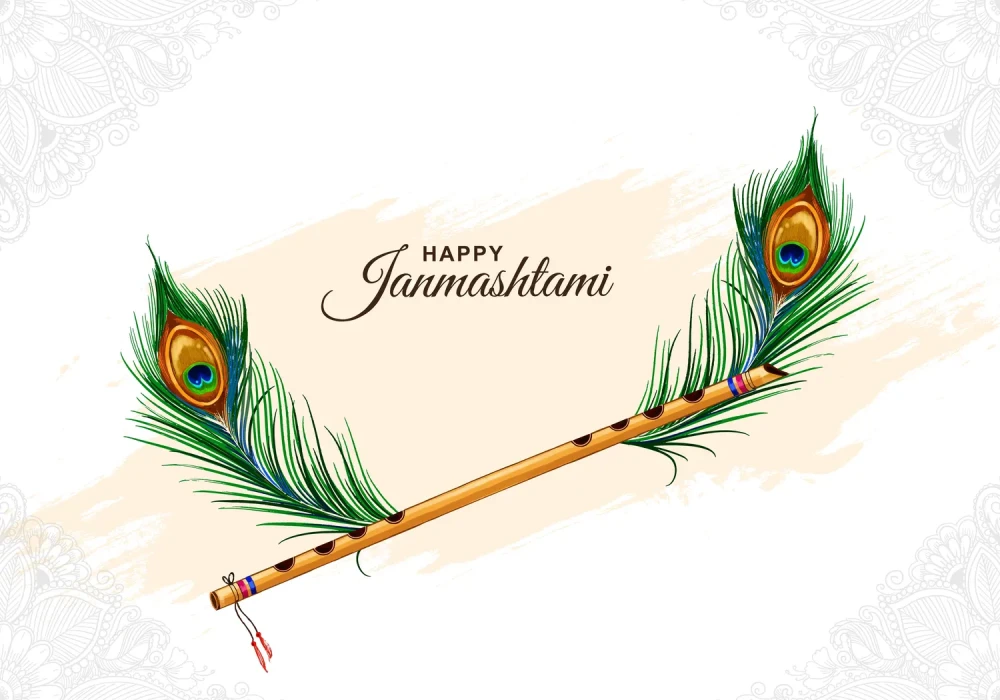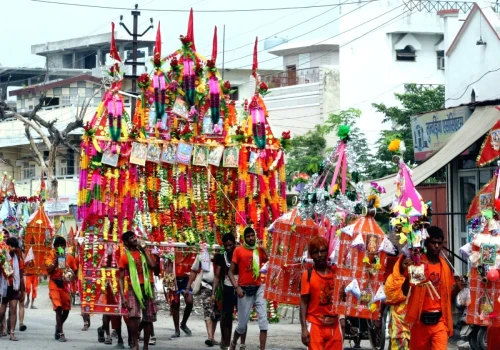
What is Janmashtami?
Janmashtami is a major Hindu festival that celebrates the birth of Lord Krishna, who is considered an incarnation of Lord Vishnu. In 2024, Janmashtami will be observed on August 26th. The festival is celebrated with great enthusiasm across India and by Hindus worldwide. By understanding and celebrating Janmashtami, devotees strengthen their connection with Krishna and celebrate the values he represents.
Historical Background
Janmashtami, also known as Krishna Janmashtami, marks the birth of Krishna in the Dvapara Yuga, around 5,000 years ago. According to Hindu mythology, Krishna was born in the city of Mathura to King Vasudeva and Queen Devaki. His birth is believed to have taken place at midnight, and he played a crucial role in the epic Mahabharata.
Significance of Janmashtami
The festival symbolizes the victory of good over evil. Krishna is renowned for his wisdom, divine playfulness, and his role in the Bhagavad Gita, a sacred Hindu text. Celebrating Janmashtami reminds devotees of his teachings and the importance of righteousness and devotion.
How is Janmashtami Observed?
On Janmashtami, devotees fast and offer special prayers to Lord Krishna. Temples are beautifully decorated, and many people reenact scenes from Krishna’s life, such as his playful exploits as a child. In some regions, people perform "Dahi Handi," a traditional event where they form human pyramids to break a pot of yogurt hung high above the ground, symbolizing Krishna's love for butter.
Importance of Janmashtami
Janmashtami serves as a time for spiritual reflection and community celebration. It brings people together to honor Krishna’s teachings and to reaffirm their faith. The festival also provides an opportunity to educate younger generations about Krishna’s life and his significance in Hinduism.


_500_x_350.webp)